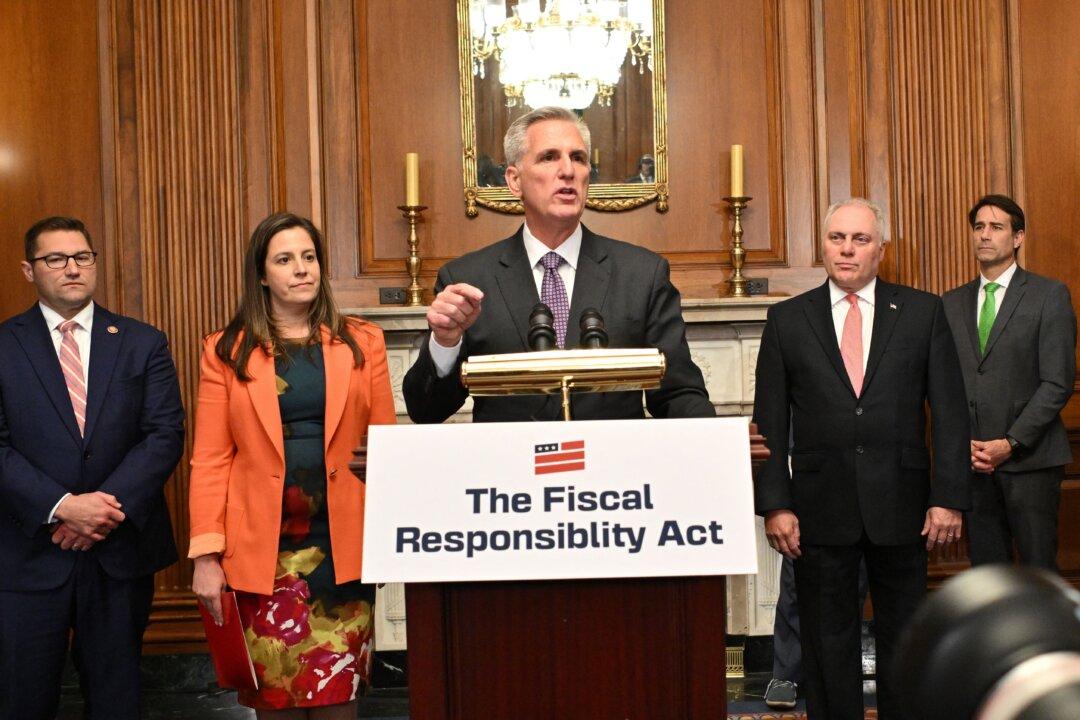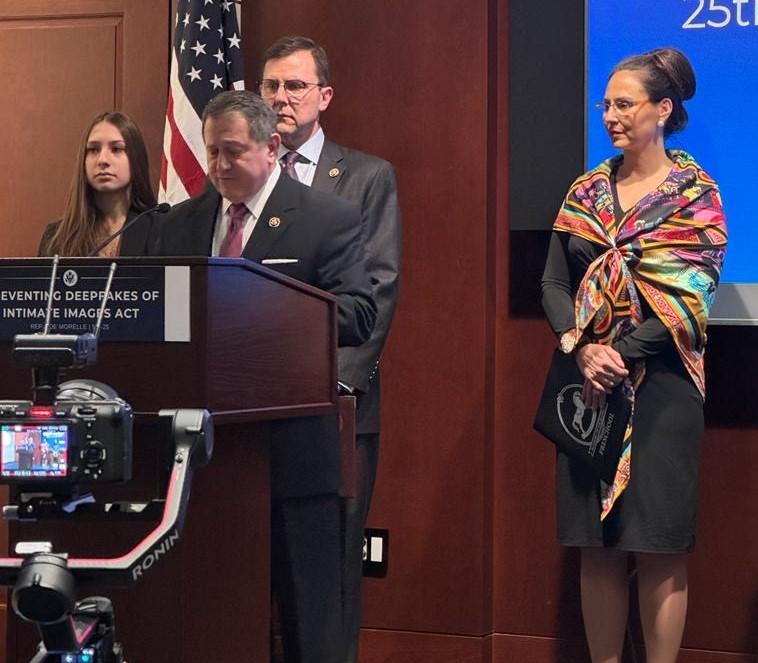Within the debt ceiling debate and negotiations between President Joe Biden and the Republican-led House of Representatives, both sides were entrenched and firmly resistant to budging on the issue of work requirements to qualify for social benefits.
Changes, however, were made to welfare work requirements. And as was the case with the broader Fiscal Responsibility Act of 2023 bill that the House passed, 314-117, in mid-evening on May 31, it was an area in which the White House and the GOP each claimed victory.





